Although endoscopic spine surgery is much less invasive than traditional surgery and is generally associated with less pain and downtime, spine procedures can be complex and often require some preparation both before and after surgery. Proper preparation before spine surgery can improve the chances of a successful outcome and a smooth recovery. Here are some steps you can take to prepare before you undergo your surgery:
Follow preoperative instructions. Dr. Baig will provide you with a list of preoperative instructions that you must follow before the surgery. This may include stopping certain medications, quitting smoking, and avoiding food and drink for a certain period of time before the surgery. It is essential that you follow these instructions closely to avoid any complications during your surgery.
Have a complete physical. Before spine surgery, Dr. Baig will perform a thorough physical examination to ensure you are in good health. This may include blood tests, X-rays, and other diagnostic tests. These tests will help Dr. Baig determine if there are any underlying medical conditions that may increase your risk of complications during or after the surgery.
Manage your medications. Before spine surgery, Dr. Baig will review your current medications and make any necessary adjustments. Some medications he may need to adjust include blood thinners, anti-inflammatory drugs, and other medications that can increase the risk of bleeding or interfere with the healing process. Inform Dr. Baig of all the medications you are taking, including over-the-counter drugs and herbal supplements.
Adjust Your Diet. Nutrition is particularly important when undergoing spine surgery. Prior to surgery, you should focus on eating a well-balanced diet that is high in protein and low in saturated fat. This can help to support the healing process and provide the body with the nutrients it needs to recover. It is also important to avoid foods that can increase inflammation, such as processed foods, sugar, and alcohol. Instead, patients should focus on consuming nutrient-dense foods such as fruits, vegetables, lean protein, and whole grains. It is also important to stay hydrated before and after surgery. Drinking plenty of water can help to flush toxins from the body and support the healing process.
Smoking can significantly impact the healing process after surgery. If you smoke, you should quit at least two weeks prior to surgery to minimize the risk of complications and improve your overall outcome.
Dr. Baig will work with you to develop an exercise plan that is safe and appropriate for your condition. Exercise can help to improve circulation, build strength, and improve overall health, which can improve the chances of a successful outcome.
Prepare your home. After the surgery, you will need to rest and avoid strenuous activities. Prepare your home in advance by arranging for a comfortable bed or recliner, stocking up on food and supplies, and arranging for someone to help you with household chores and daily activities.
Plan for transportation. You will not be able to drive for several weeks after the surgery. Make arrangements for transportation to and from the hospital and for any follow-up appointments.
Manage your stress. Surgery can be stressful, and stress can negatively affect your recovery. Practice stress management techniques, such as deep breathing exercises, meditation, or yoga, to help you stay calm and relaxed before the surgery.
Post-Operative Care. Follow all post-operative care instructions. This may include taking medications as prescribed, attending follow-up appointments, and participating in physical therapy or rehabilitation programs.
Procedures we offer
Procedures
Endoscopic Thoracic Discectomy
Endoscopic Discectomy
Endoscopic Foraminotomy
Endoscopic Facet Rhizotomy
Endoscopic Spinal Fusion
Endoscopic Laminectomy
Endoscopic Posterior Cervical Foraminotomy
Endoscopic Transforaminal Lumbar Interbody Fusion (TLIF)
Related Topics
Choosing a Spine Surgeon
What is an Endoscopic Spine Surgeon?
Endoscopic Spine Surgery – History
Traditional versus Endoscopic Spine Surgery
Preparing for Surgery
READY TO
MAKE THE TRIP?
Learn More

